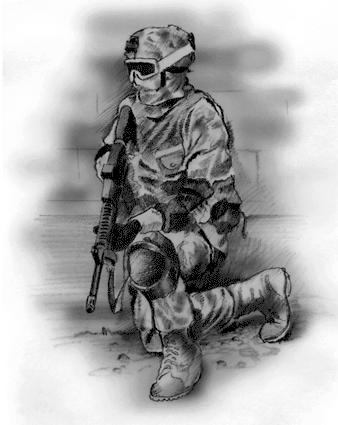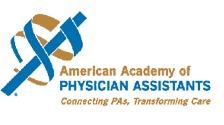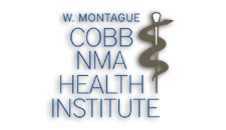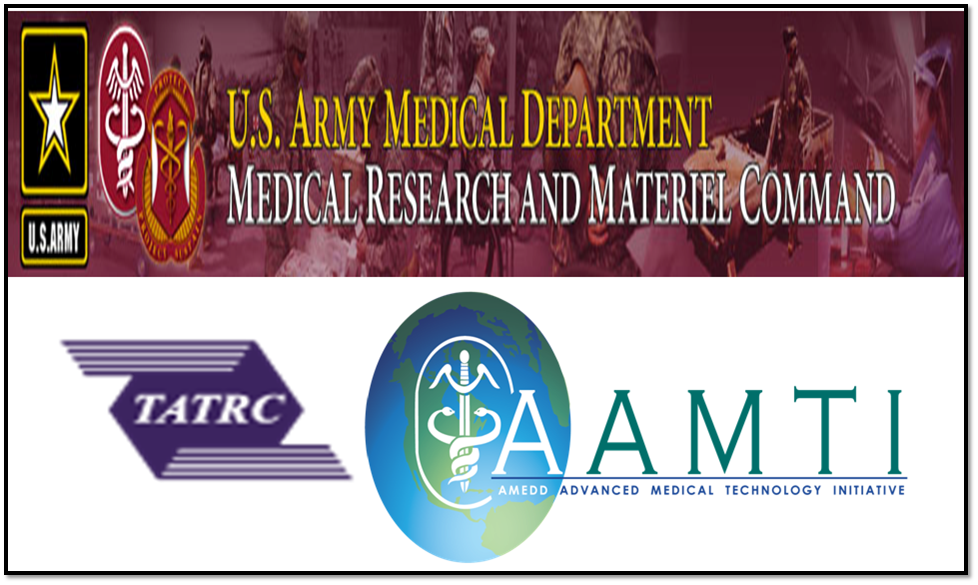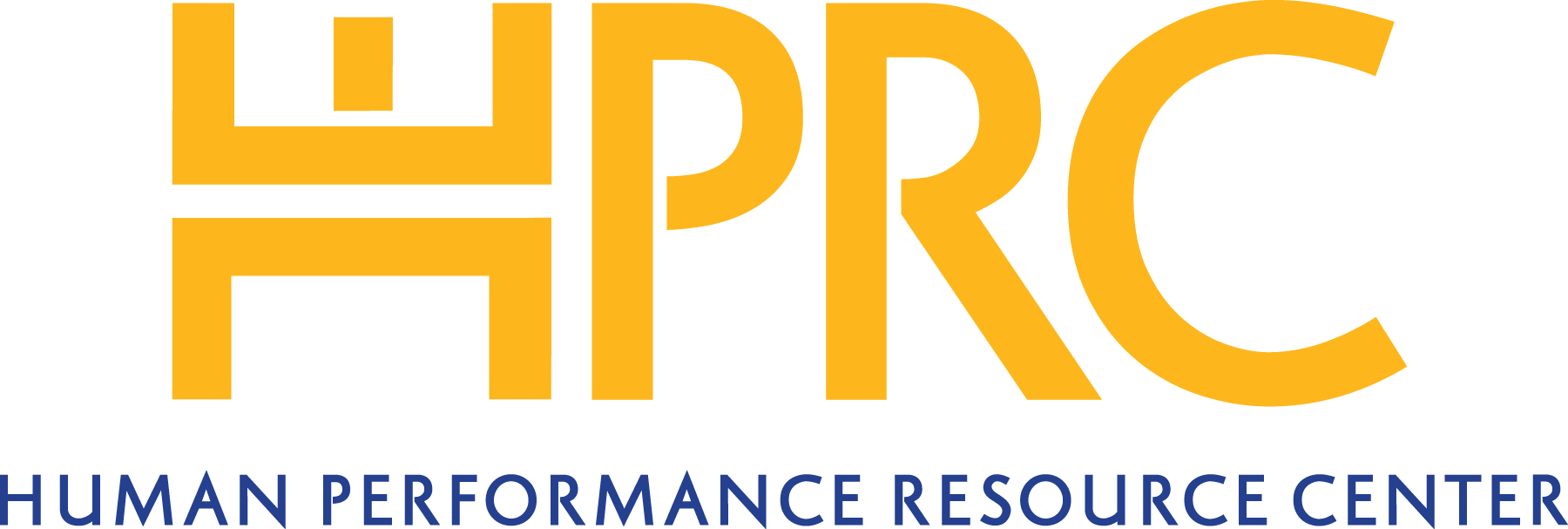
WASHINGTON — Medical schools will soon include more course work on post-traumatic stress disorder, traumatic brain injury and other common military ailments as part of a White House-led effort to prepare future physicians for the next generation of veteran patients.
First Lady Michelle Obama and officials from the Association of American Medical Colleges will announce the plans Wednesday afternoon. The effort includes more shared research and clinical trials among 130 medical and osteopathic schools around the country, including Ivy League and other major collegiate research institutions.
Officials from the association on Tuesday told reporters the goal is to ensure that young medical professionals are familiar with the signature wounds of war, and able to more effectively treat the millions of veterans who will struggle with those issues for decades to come.
White House officials said more than half of Iraq and Afghanistan veterans receiving treatment for mental health issues rely not on Department of Veterans Affairs physicians, but instead on private medical practices.
For some students, that will likely mean standalone courses on topics like PTSD and TBI, as well as other common battlefield injuries.
The effort is part of the first lady’s Joining Forces campaign, designed to highlight the sacrifices and needs of troops, veterans and their families. Program officials said no federal money is being used for the college coordination efforts, but Defense Department and VA officials will assist with planning and information sharing.
